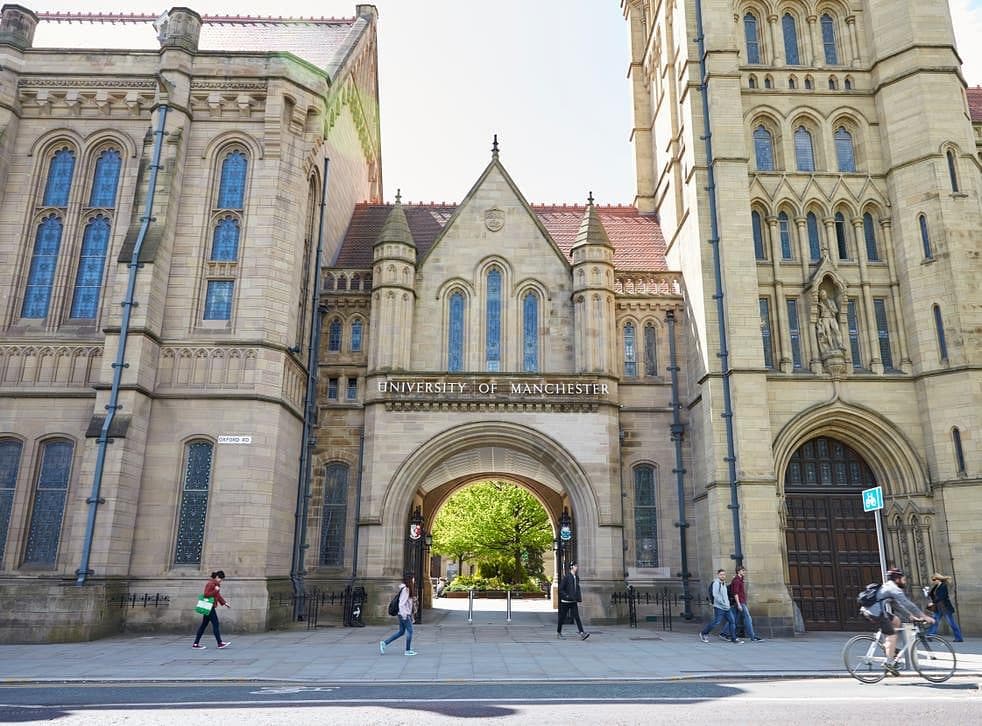PhD/MPhil Endocrinology, Metabolism and Diabetes programme enables you to undertake a research project that will improve understanding of Endocrinology and Diabetes.
Endocrinology is the study of hormones: chemical messengers secreted into the bloodstream by specialised cells from particular tissues and organs. Every cell in the body is under hormonal regulation. Hormone action can also be autocrine (the same cell) or paracrine (neighbouring cells) making growth factors and many cytokines part of endocrinology. The goal for clinical endocrinology is to improve care for patients with disorders of the hormone-secreting organs or defective hormone action on target cells.
Diabetes is defined by a failure to control circulating glucose levels within set limits due to inadequate amounts and/or action of the hormone insulin. Insulin is secreted from the beta-cells of the pancreatic islets and regulates much of the body's metabolism, not just glucose levels. Cellular damage due to long-term diabetes affects many organs and tissues including the eyes, kidneys, nerves and the heart. Because of this complexity and importance, diabetes has grown into its own specialty alongside endocrinology. Our principal investigator-led research spans discovery science in the laboratory translated through to internationally-funded clinical trials and innovative new treatment strategies, such as islet transplantation.
Research activities within this programme run from fundamental basic research through to clinical translation and patient based research. An integrated 'bench-to-bedside' translational approach is essential for understanding the underlying mechanisms responsible for regulating our physiology in both health and disease. Working together in purpose-built facilities provides for a stimulating and cutting-edge environment.
Research within this programme is focused on the following themes:
Biological Timing - Our internal body (circadian) clock is essential in regulating most aspects of our physiology and behaviour. The University of Manchester has one of the largest group of circadian biologists in Europe, housed within the Centre for Biological Timing (CfBT). Example research programmes include: molecular mechanisms within the body clock; the impact of light, environment and behaviour on our body clock, health, and wellbeing; circadian control of metabolism, inflammation and behaviour.
Endocrinology and Diabetes - We have active research programmes across endocrinology, including energy metabolism, diabetes complications, epidemiology, human development, and the interplay between circadian rhythms and the endocrine system. Work across our grouping employs a variety of approaches including cell biology, pre-clinical model organisms of behaviour, and human studies ranging from experimental medicine to large-scale cohort analysis.
Gastroenterology and nutrition - Research activities extend from understanding basic physiology and mechanisms of gut and liver disease, through to innovations in investigation and treatment. Key research areas are neurogastroenterology, inflammatory bowel disease, liver fibrosis and clinical nutrition. We adopt multidisciplinary approaches from basic model systems through to clinical studies and interventional trials.
Metabolism and obesity - We are also interested in the brain and how it regulates appetite, blood glucose levels, body weight and energy expenditure. An understanding of these systems may allow them to be manipulated in the future to control metabolic diseases, such as obesity and diabetes.
Molecular and cellular physiology - We have active interests across physiology, including the extracellular homeostasis, cellular and molecular mechanisms underlying fibrotic disease, as well as sensing of calcium, glucose, fatty acids, ions and other fundamental nutrients, both in health and disease. We employ a variety of in vitro and in vivo approaches, including bioimaging, and advanced molecular and functional techniques to address a range of metabolic questions.
